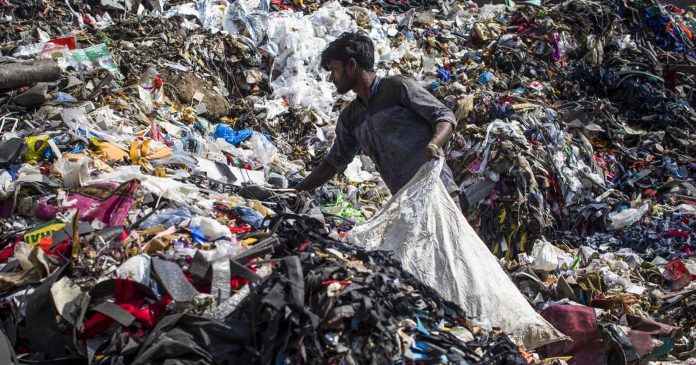- The worldwide community is well aware of the environmental degradation caused by unrelenting resource depletion, especially the use of fossil fuels. Global warming induced by environmental degradation has had a domino effect on Mother Earth, resulting in irregular weather patterns that have resulted in enormous floods, droughts, snowfall, and other events. Because of reckless human consumption, the entire world is suffering the consequences of weather fluctuations. What was once a dependable weather pattern has given way to an unpredictable occurrence that has caused millions of people to be concerned. Of course, governments all around the world have taken steps to guarantee that environmental degradation does not reach dangerous levels.

PC: Shikher Goyal
- We already know that the unrestricted use of plastic materials in various forms is one of the most common sources of environmental concern. Non-biodegradable plastics, in particular, have wreaked havoc on the environment, prompting the introduction of strict measures such as the ban. Likewise, the Indian government was among the first to pass legislation prohibiting the use of single-use plastics (SUPs). However, good intentions can only go so far. It’s been more than a year since the Union Environment Ministry issued regulations prohibiting the manufacturing, import, stocking, distribution, sale, and use of a variety of single-use plastic items. The list of items was reasonable in terms of their significant littering potential.
- Of course, tremendous emphasis was placed on raising awareness among all kinds of citizens. Even among those who are aware of the ban, compliance has been spotty. State pollution control boards, which don’t get much credit for enforcing other environmental regulations, didn’t sweat this one either. Yet, some state governments take the issue seriously. But why not all of them? It should be noted that Karnataka prohibited SUPs in 2016, and the BBMP has been active in both awareness campaigns and disciplinary measures. Yet, progress has been slow, and SUPs continue to thrive in the city. Because SUPs are essential to far too many small enterprises, the alternatives are too expensive.

PC: DH Photo
- Needless to say, the alternatives must compete on price, convenience, and widespread availability. This should be a government priority. Raising assistance for the most promising recyclable and compostable innovations will aid in their commercialization. Furthermore, environmental hazards increase during the monsoon season, as plastic trash is a substantial risk multiplier for flooding. Drains are clogged with mostly plastic-based rubbish from Delhi to Mumbai to Bangalore to Hyderabad, even during the dry season. As a result, decreasing the use of SUPs is the only long-term approach. To this degree, the SUP restriction is reasonable. But, the tremendous reliance of businesses on these plastics cannot simply be wished away. Please find alternatives!






